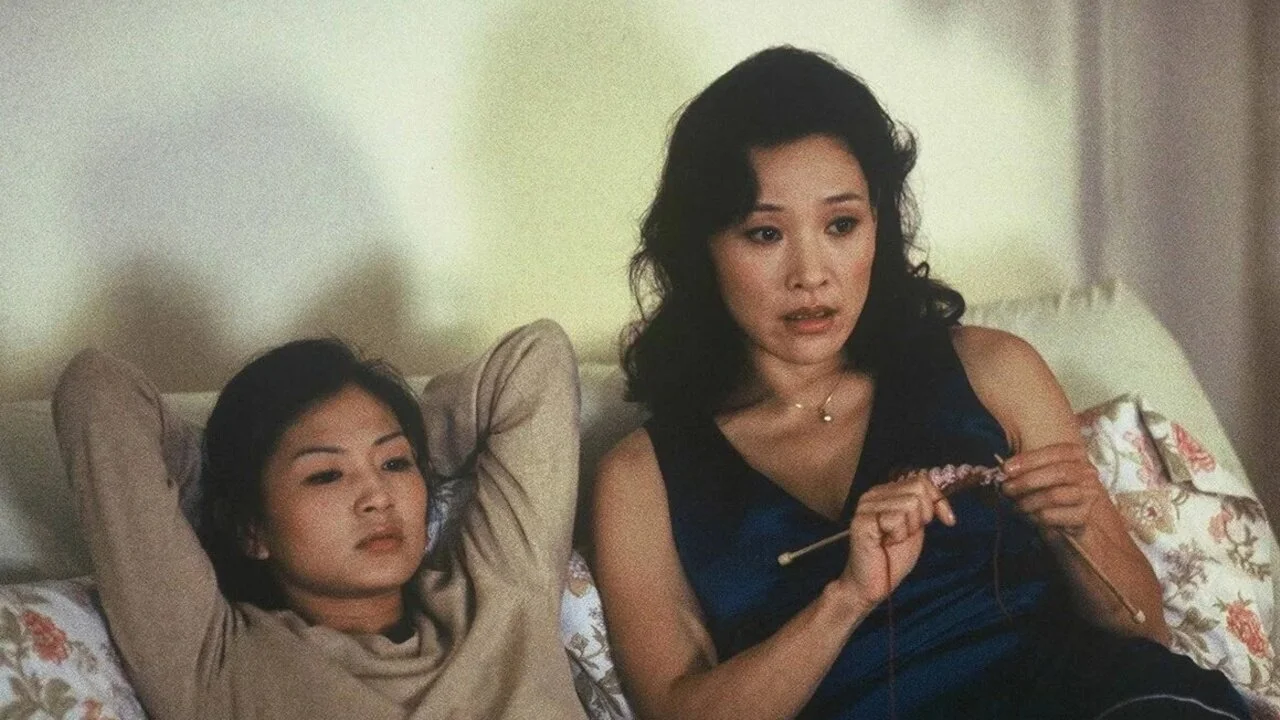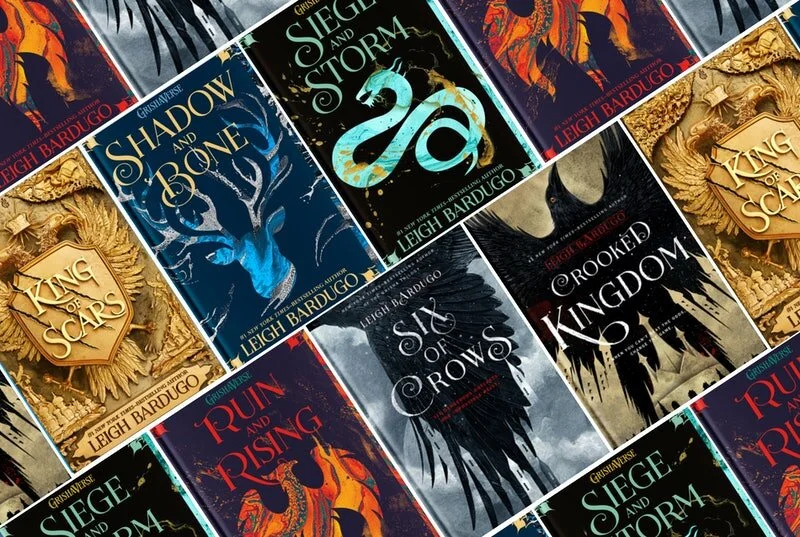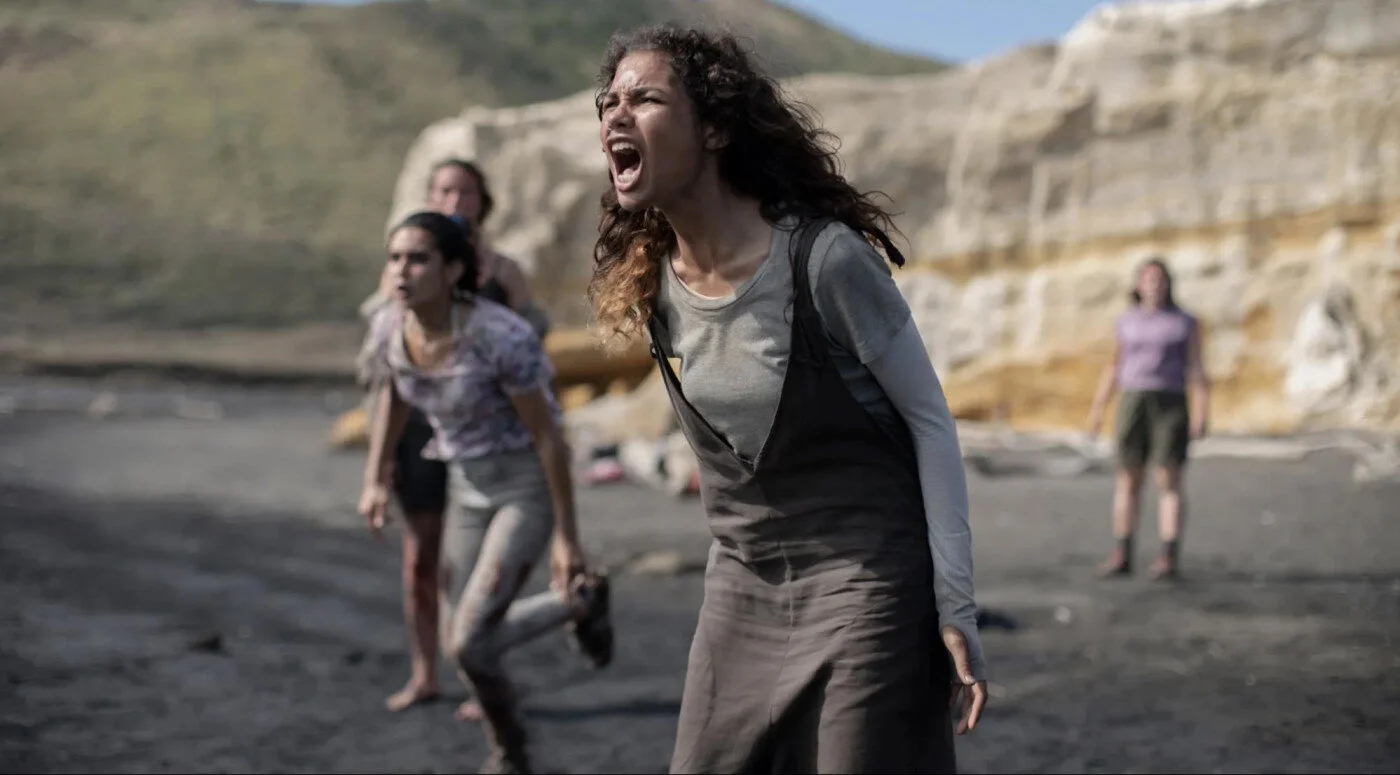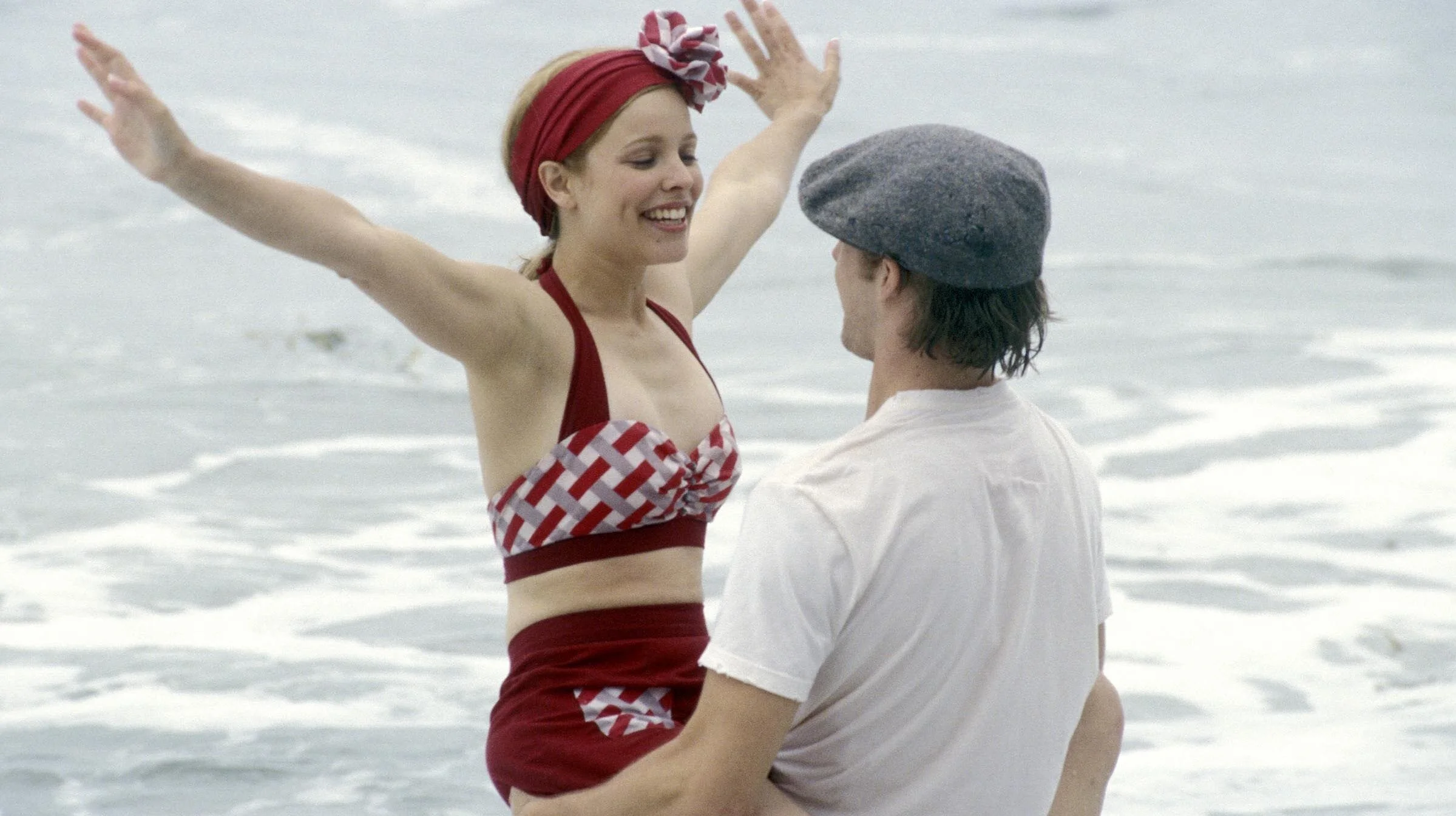Then vs. Now: The Portrayal of Female Friendships on TV
We all have our guilty pleasures. Mine is Sex and The City. Do not get me wrong, there are a lot of issues with this show. Yes, it took a revolutionary approach by normalizing sex on TV, which influenced audiences worldwide in terms of destigmatization. But here is the problem: that is all the girl gang could manage to discuss with one another. Even Miranda, a member of the college-educated, career-driven baddasses on screen was fed up with her friends’ disappointing dismissal of the Bechdel Test (click here for an in-depth discussion about it from the folks over at Gizmodo).
Let’s take a moment to praise Miranda and her incredibly powerful, exasperated remarks at the beginning of Season 2:
“All we talk about anymore is Big or balls or small dicks. How does it happen that four smart women have nothing to talk about but boyfriends? It’s like seventh grade but with bank accounts. What about us? What we think, we feel, we know — Christ! Does it always have to be about them? Just you know, give me a call when you’re ready to talk about something besides men for a change.”
Since SATC was originally released in 1998, there has been tremendous growth in the television industry, especially for shows appealing to young professionals. Representations of female friendships on TV still have a long way to go, but there are still quite a lot of aspects we can praise. Take Grownish for example. This series does not shy away from difficult conversations or taboos. Who would have thought that girls had more to talk about than just sex? The Grownish girls support one another, call each other out on their crap, and learn from their mistakes as a team. For instance, after Zoey is cut off financially, Sky and Jazz call her out, reminding her to “stop acting like [she’s] too good for this. Everybody has a hustle” They check her on her privilege, but they also guide her through the process, aiding her with her job search.
Each member of the squad has a unique perspective and is clearly not afraid to voice their opinions. Still though, they hear each other out no matter the circumstance, even when they vent about their constant guy problems (they are in college, after all). In episode two of the second season, Zoey experiences some personal insecurity about her faltering relationship with her boyfriend, Luca. At first, she searches for external validation in an unhealthy manner, going as far as virtually comparing her relationship to Jazz and Doug’s, who has been crowned with the title of #relationshipgoals. She cannot get the idea that her relationship is not as perfect as she thought it was out of her head, and ultimately decides to have a conversation with her besties about their perceptions. So what is a ‘perfect relationship’? As Sky explains, it’s when a guy “elevates his girl to wifey within a world of situationships”. Ana, a more traditional romantic swoons about finding her Prince Harry. Regardless of their alternative views, they speak up, always.
This is not the case for SATC. During episode eight of the second season, the girls also confront the concept of a “perfect relationship”. Carrie struggles to be honest with her friends about Big’s failures, afraid to ruin her Prince Charming fantasy. Big was not planning on showing up that night to meet her friends, despite already agreeing to do so in advance, leaving Carrie defeated and alone, without the strength to tell her friends about her “fallen hero”.
Miranda also was also experiencing her fair share of conflict that night. A couple days before the dinner, she met Steve, who becomes her husband later in the show. He does not fit Miranda’s relationship standards in the slightest, as he is a working guy from Brooklyn with a schedule that is opposite of hers (she is very Type A). She immediately categorizes him as a one-night-stand, despite his clear insistence that this was not the case for him. Nevertheless, he persists practically begging her for a real date. She begrudgingly invited him to join her girls at the dinner, where she continues categorizing him as a one night stand. While Miranda cracks jokes at Steve’s expense, the girls exchange glances in between sips of their cosmopolitans. They clearly have opinions on Miranda’s cruelty, but once again, they do not say anything to her.
Of course, the girls do not always stay silent. But unlike the Grownish members, they do not validate one another or advise each other in a healthy manner. They also rarely learn from their mistakes. I mean Big literally stands Carrie up at the altar, after years of red flags! In episode thirteen of the second season, Carrie’s new therapist tells her she is picking the wrong guys, because she likes when men ‘play games’. Miranda speaks the cold hard truth, yet again, explaining that “relationships are not about games, they are about mature and honest communication”. Carrie ignores her advice, instead choosing to side with Charlotte's delusions. Charlotte eggs on Carrie’s denial, exclaiming that “you have to be a game player because it's the only way to deal with men… even after you're in a relationship you still have to play games”. She even goes as far to bring Big into the equation, saying, “Maybe the game is not really over. Maybe it's just halftime”.
I cannot help but admire the transformations the media has undergone when it comes to female friendships. Media runs the world and we all benefit in response to its growth, so just think about where we will be in the next twenty years!













